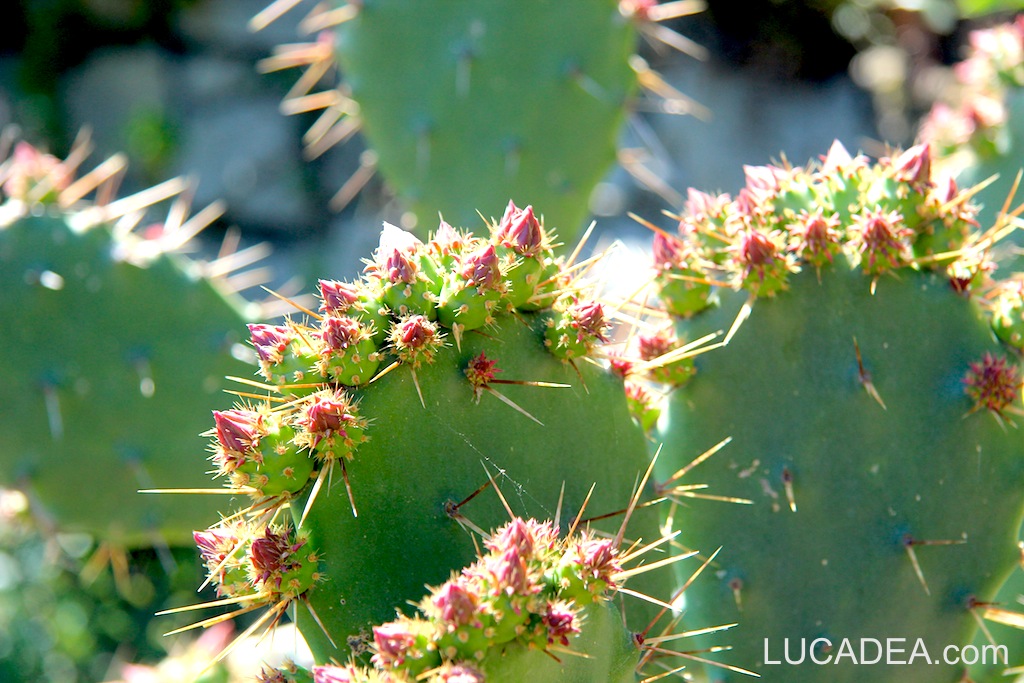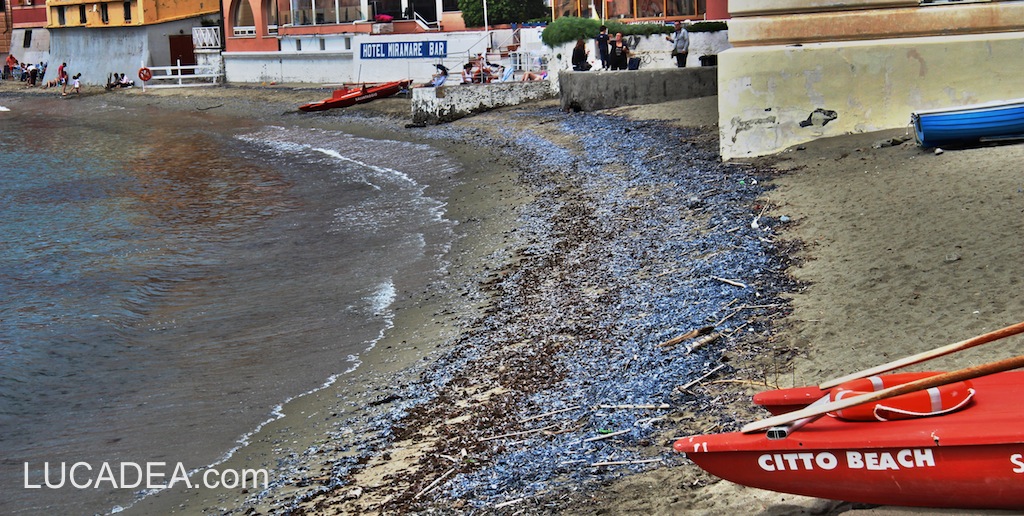A splendid prickly pear.
One of the plants, not exactly typical, but very widespread in Liguria is the prickly pear.
At the moment it is blooming and it is also a beautiful little flower.
Do you like this photo?
Add your own comment or go to the bottom of the site to read what other visitors have written.
The prickly pear or prickly pear is a plant native to Mexico. From here, in ancient times, it spread among the populations of Central America who cultivated and traded it already at the time of the Aztecs, among whom it was considered a sacred plant with strong symbolic values.
Continue on Wikipedia










